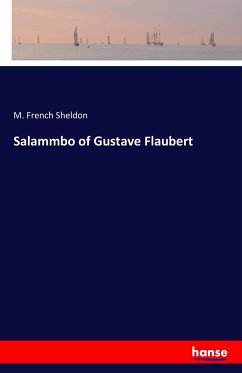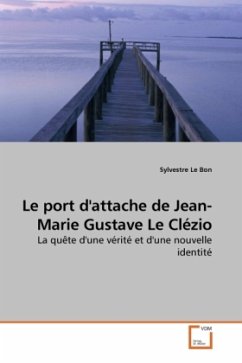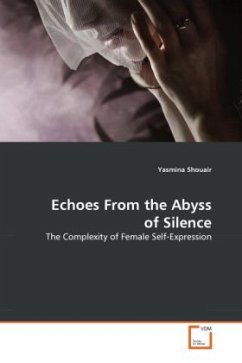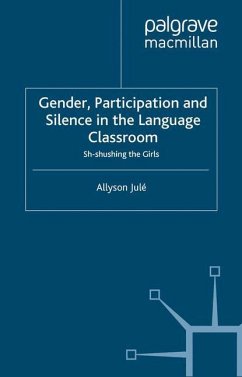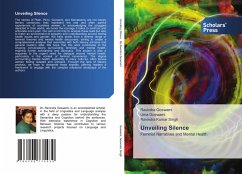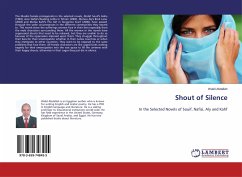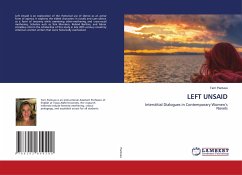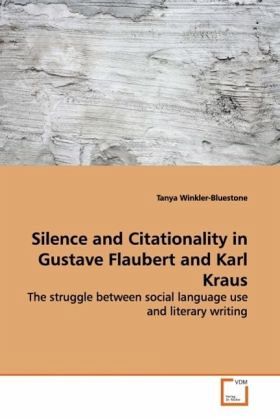
Silence and Citationality in Gustave Flaubert and Karl Kraus
The struggle between social language use and literary writing
Versandkostenfrei!
Versandfertig in 6-10 Tagen
45,99 €
inkl. MwSt.

PAYBACK Punkte
23 °P sammeln!
Recent studies have introduced the idea that silence is not the goal of Flaubert s language but a way to reclaim language from society. Through study of Kraus s use of citationality, Flaubert s use of silence in his citational method becomes explicit. In both authors there is a clear distinction between language that is self-aware, that interacts with all possible meanings; and language that is unaware, where alternate meanings can disrupt the author s intention. What emerges is an aesthetics of language that relies on its historical and literary etymology, as well as a highly idiosyncratic id...
Recent studies have introduced the idea that silence
is not the goal of Flaubert s language but a way to
reclaim language from society. Through study of
Kraus s use of citationality, Flaubert s use of
silence in his citational method becomes explicit.
In both authors there is a clear distinction between
language that is self-aware, that interacts with all
possible meanings; and language that is unaware,
where alternate meanings can disrupt the author s
intention. What emerges is an aesthetics of language
that relies on its historical and literary
etymology, as well as a highly idiosyncratic idea
about the function of grammar that reaffirms it as
the form-giving principle of language. It is thanks
to citationality as understood in contemporary
performance studies that we are able to see the
similarities in Flaubert s and Kraus s writing,
and
much more poignantly, the subversive aesthetic and
political potential of that writing. Citationality
becomes the driving process behind both authors
creative methods - but in a form that, while
coinciding with Derrida and Butler s uses of the
term, is unique to each writer.
is not the goal of Flaubert s language but a way to
reclaim language from society. Through study of
Kraus s use of citationality, Flaubert s use of
silence in his citational method becomes explicit.
In both authors there is a clear distinction between
language that is self-aware, that interacts with all
possible meanings; and language that is unaware,
where alternate meanings can disrupt the author s
intention. What emerges is an aesthetics of language
that relies on its historical and literary
etymology, as well as a highly idiosyncratic idea
about the function of grammar that reaffirms it as
the form-giving principle of language. It is thanks
to citationality as understood in contemporary
performance studies that we are able to see the
similarities in Flaubert s and Kraus s writing,
and
much more poignantly, the subversive aesthetic and
political potential of that writing. Citationality
becomes the driving process behind both authors
creative methods - but in a form that, while
coinciding with Derrida and Butler s uses of the
term, is unique to each writer.



